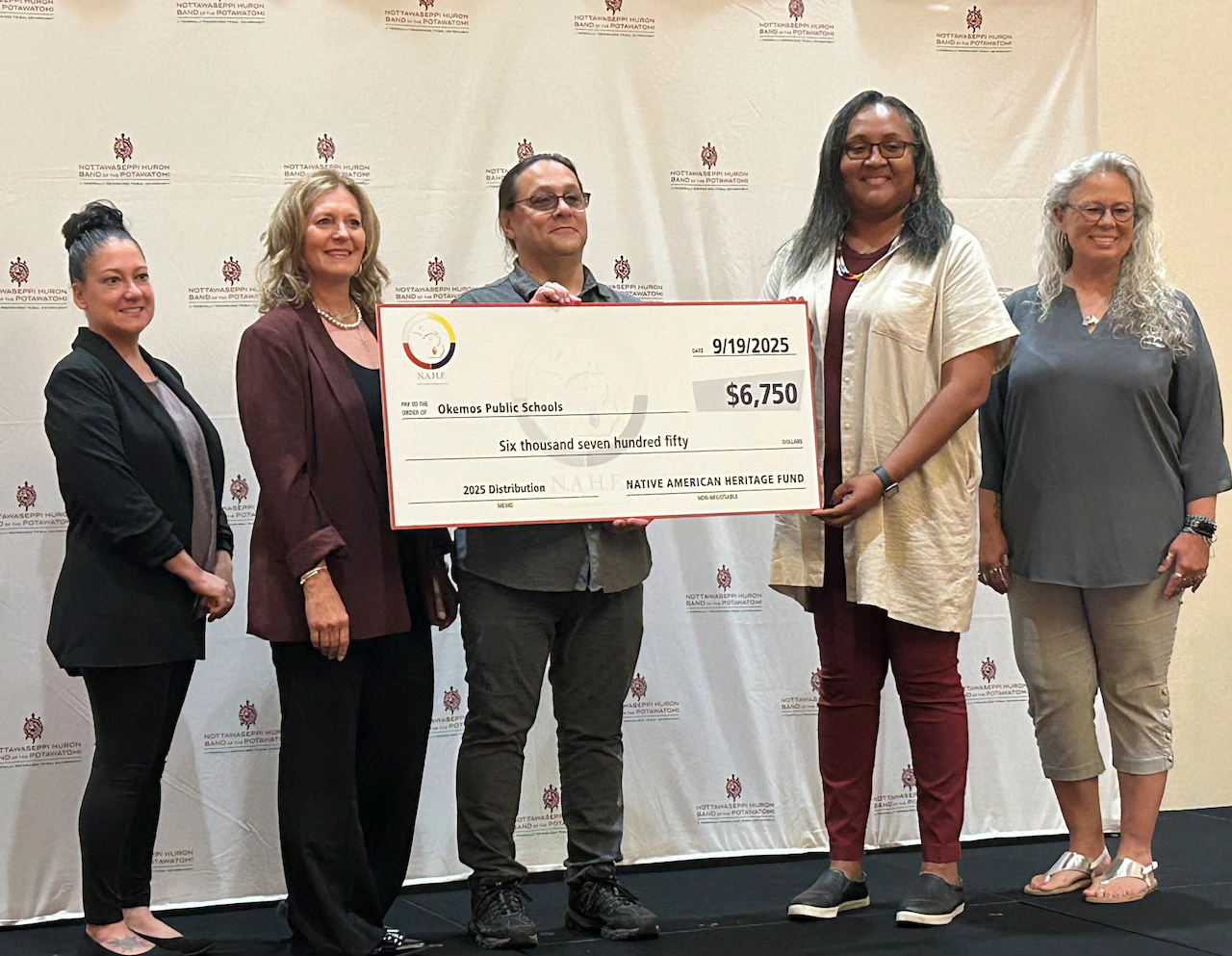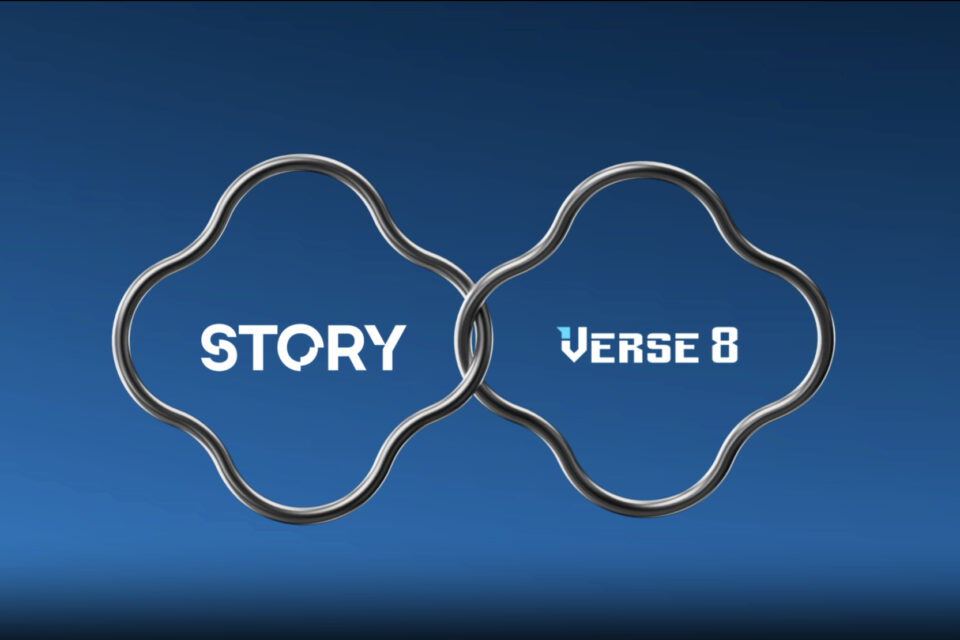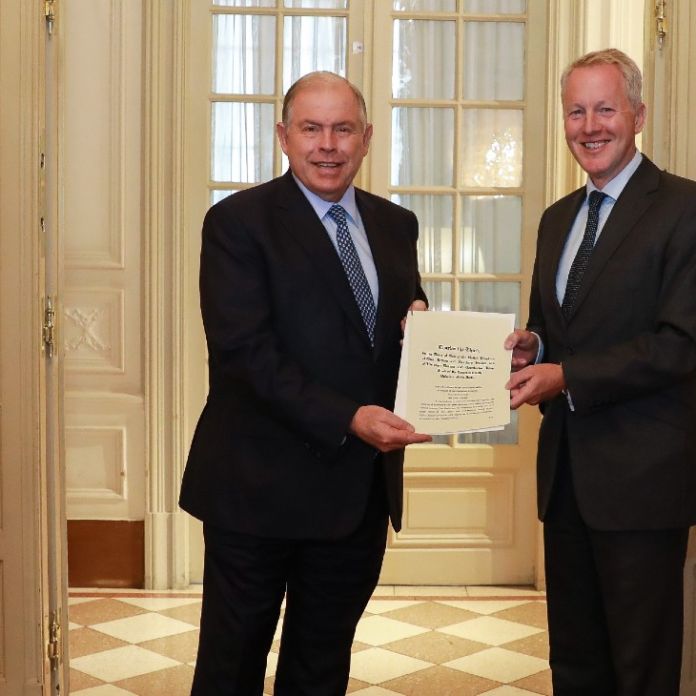
Eleven Michigan communities are getting funding to improve Indigenous criteria and educational resources, and to replace mascots and school imagery that is offensive or inaccurate in conveying Native people’s culture and values.
The 11 public schools and colleges were awarded a combined $479,000 from the Native American Heritage Fund (NAHF) on Friday, Sept. 19, at FireKeepers Casino in Battle Creek.
The initiative helps Michigan’s K-12 schools, colleges, universities, and local governments with projects that promote positive relationships and provide accurate information about the history and role of Indigenous tribes in the state.
The NAHF was established in 2016 as part of the Second Amendment to the Tribal-State Gaming Compact between the Nottawaseppi Huron Band of the Potawatomi (NHBP) and the State of Michigan. The amendment allowed for $500,000 of the tribe’s annual state revenue sharing to be deposited into the NAHF.
“We have local school systems sometimes as close as just a few miles down the road that either don’t know that the tribal nation exists or doesn’t have a relationship with them, and that needs to change,” said Dorie Rios, chairwoman of the NHBP and board chair for the NAHF. “I applaud all the schools for stepping up and trying to make that positive change, but that change needs to start at the state level.”
The NAHF 2025 grants include the following:
Albion College – $65,000 to co-create a culturally appropriate exhibit and co-management site plan with NHBP at the Whitehouse Nature Center, featuring interpretive signage to preserve and educate about the ecological and cultural importance of the Gete Anishinaabe site.
Chippewa Hills School District – $127,268 to replace the “Warrior” logo with the “Golden Knight” and update all associated signage, imagery and uniforms.
East Jordan Public Schools – $16,239 to host cultural immersion events in partnership with Little Traverse Bay Bands of Odawa Indians and the Grand Traverse Band of Ottawa and Chippewa Indians. Building on previous NAHF grants, this continues a longstanding collaboration.
East Lansing Public Schools – $4,125 to develop and deliver Anishinaabe cultural history lessons for third-grade classrooms in collaboration with the Nokomis Cultural Heritage Center.
Eastern Upper Peninsula ISD – $86,056 to support Title VI coordinators with a cultural competence consultant to lead professional development focused on the needs of Anishinaabe youth.
Grand Ledge Public Schools – $5,250 to expand Anishinaabe history lessons for third graders, in partnership with the Nokomis Cultural Heritage Center.
Okemos Public Schools – $6,750 to expand existing third-grade history curriculum centered on the Anishinaabe people, building on earlier NAHF-supported efforts.
Portland Public Schools – $2,750 to introduce Anishinaabe cultural history into third-grade classrooms across the district through a collaboration with the Nokomis Cultural Heritage Center.
Public Schools of Petoskey – $22,140 to purchase 200 new marching band jackets, retiring old uniforms bearing offensive and outdated mascot imagery.
Traverse City Area Public Schools – $129,000 to provide Native American language instruction and curriculum through the hiring of language instructors and staff, as well as funding for materials and supplies.
Western Michigan University – $14,742 to launch the Elders-in-Residence program: Sharing Wisdom Across Generations (SWAG at WMU), creating intergenerational connections between Native elders and Indigenous students.
For more information, visit nahfund.com.



